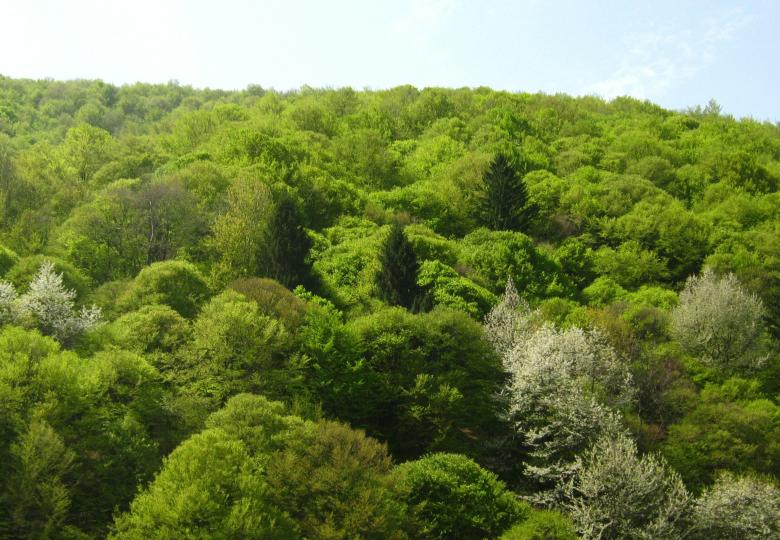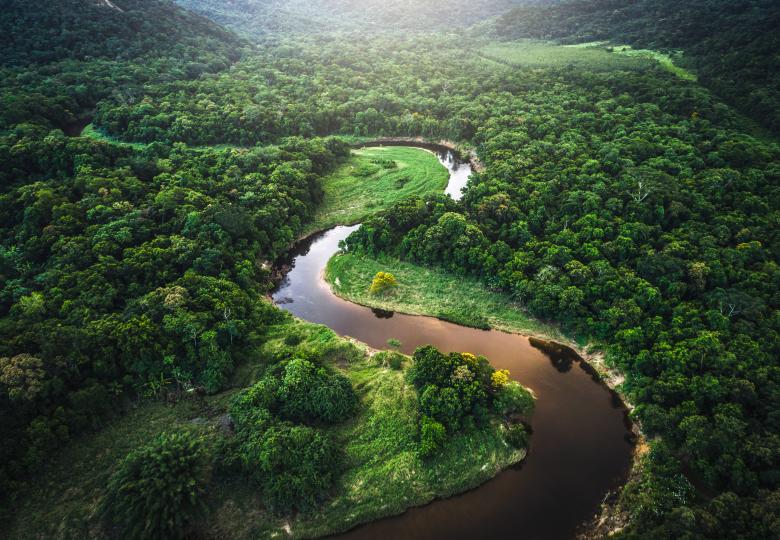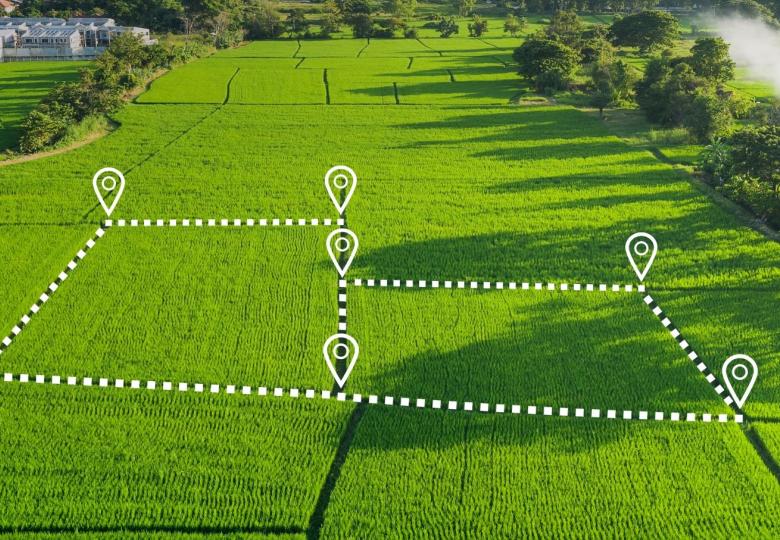Strengthening the capacity for timber actors in Rwanda
Preferred by Nature delivered a 3-day workshop to build the capacity of Rwanda’s timber actors on timber legality and certifications. The training program was developed to introduce the concept of timber legality and certifications to Rwanda’s timber actors, including furniture and construction companies, trade industry associations, and public administration officials.
The workshop wanted to improve the participants' knowledge of sustainable forest management and create a better understanding of the role of certifications and timber legality verifications in fulfilling global demands on sustainable timber.
The participants of this training included, but were not limited to:
- Key staff from private timber sector operators in Rwanda, including furniture and construction companies and representatives from relevant trade industry associations
- Public administration officials working with forestry, timber, trade, and other relevant sectors, such as Rwanda Forest Authority, Ministry of Commerce, Rwanda Standard Board, Rwanda Development Board, etc.
This training program was funded by Gesellschaft für Internationale Zusammenarbeit (GIZ) GmbH and was delivered by Preferred by Nature with the aim to promote sustainable timber productions and trade, and at the same time improving Rwanda’s economy by strengthening competitiveness in the domestic and international timber market. Specifically, the objectives of this training were:
- To improve stakeholders knowledge on timber legality and certification
- To discuss issues around the topics and how it relates to international market demands on sustainable timber
- To introduce quality management systems in timber legality verification
According to Rwanda’s Ministry of Environment (2019), forests occupy an estimated 724,695 hectares or 27% percent of the country’s total land area. With this potential, Rwanda’s government has established a set of forestry policy that aims, among others, to improve the economy by encouraging investments in the forestry sector (Rwanda’s 3rd National Communication to the UNFCCC, 2018). The goal is to create more employment and improve people’s livelihoods, thus reducing poverty through sustainable use, conservation, and management of the forest.
Based on World Bank data (2018), agriculture, forest, and fisheries contribute 2,372.95 million USD or approximately 24.6% of Rwanda’s total GDP. However, only 83,000 USD came from timber exports, with market coverage limited to a few neighbouring countries (Chatham House). This data shows that entering a broader market of international timber trade remains a challenge for timber actors in Rwanda, and there is a need to strengthen their capacity to manage a more sustainable timber business and achieve global market competitiveness.

Sustainable Management of Small Forest Properties for Resilient Forests in Europe (SMURF)
Europe's forests, crucial for their ecological and economic value, face mounting threats. Climate change fuels extreme weather eve...

Innovation Alliance for Training Programmes for Deforestation-Free Supply Chains in Europe (EMM...
Deforestation is the primarily result of the expansion of agricultural land for forest risk commodities (FRCs) such as cattle, woo...

FAO Geolocation collection and communication protocol
In an effort to combat deforestation and promote tools which enhance global monitoring and supply chain traceability, Preferred by...

Preferred by Nature conducts mid-term evaluation for Sabah Landscapes Programme, Malaysia
Forests are intrinsic to the balance of life in Sabah, Malaysia. However, decades of irresponsible logging and clearance for oil p...
